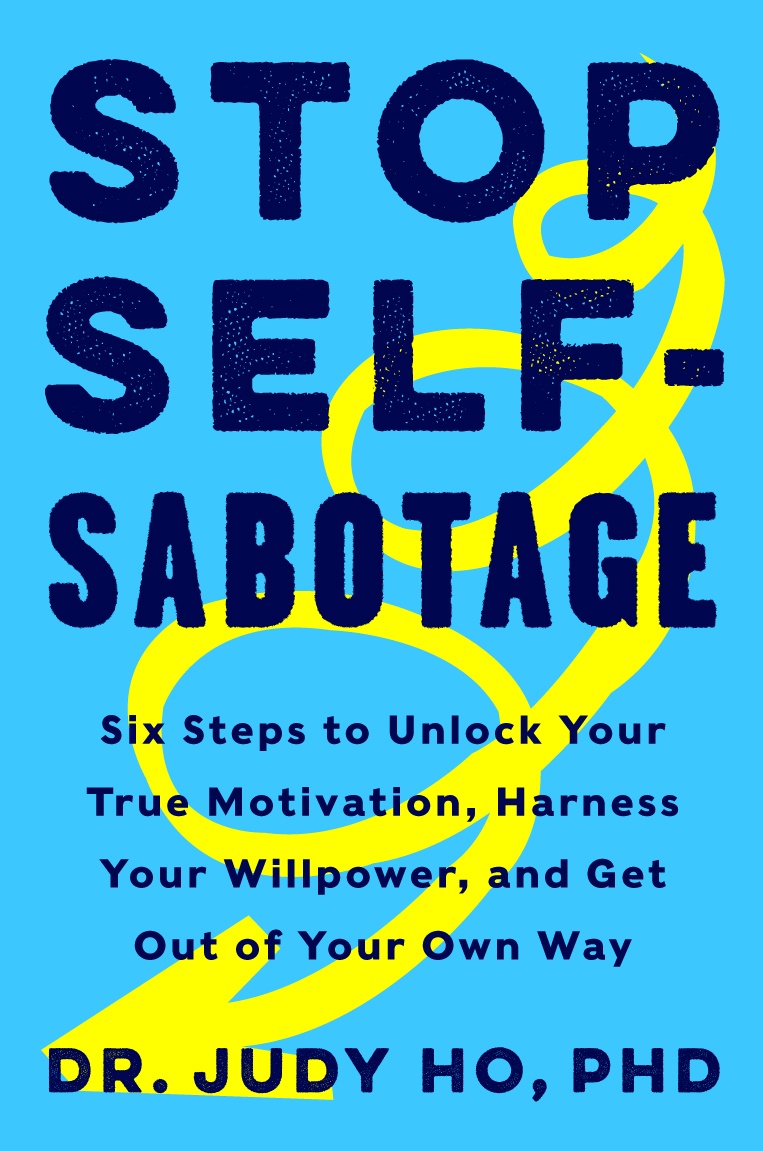Self-sabotage can feel like it sneaks up on you out of nowhere to prevent you from reaching your goals. When you catch yourself about to fall down the self-sabotage rabbit hole, you want to be able to intervene as quickly as possible to get yourself back on track. Implementation intentions are like having an emergency plan that will get you out of trouble. They can be directly applied to the four essential tasks for achieving goals (see p. 193).
1. GETTING STARTED.
Research suggests that people who wrote an implementation intention that specified when, where, and how they wanted to start a project were about three times more likely to complete the project than those who simply specified that they had a goal to complete the project and to do a task on time. In addition, people who exhibited initial reluctance toward a goal despite knowing that achieving it would be in their best interest more readily acted upon these goals with concrete behaviors when they made implementation intentions.
2. STAYING ON TRACK.
Staying focused can be especially hard when you are anxious, tired, cognitively taxed, distracted, or tempted. Implementation intentions can reduce the interference of negative environmental influences and protect you from negative thoughts or unpleasant emotions that may derail you as you move toward your goal. When you have a plan that has been set out in advance, you will be less susceptible to in-the- moment influences.
3. STOPPING AN UNPRODUCTIVE COURSE OF ACTION (AND TRYING ANOTHER).
If you are in the middle of an unproductive course of action that is taking you on a familiar detour, you can correct course with an implementation intention that specifies how to change direction and relieves you from having to make a decision in the face of low motivation or when you lack the ability to objectively evaluate your situation. It’s a bit like programming your GPS to select only the route that has the least amount of traffic.
4. AVOIDING BURNOUT IN THE PROCESS.
Because implementation intentions help you to exert less cognitive effort, your risk of burnout decreases. In fact, research suggests that people who used implementation intentions to self-regulate in one task did not show reduced self-regulatory capacity in a later task, suggesting that when you stick to your plan for dealing with one situation, you maintain the ability to cope with future tasks and challenges.

From the book Stop Self-Sabotage by Judy Ho. Copyright © 2019 by Judy Ho. Published on August 20, 2019 by Harper Wave, an imprint of HarperCollins Publishers. Reprinted by permission.
Follow us here and subscribe here for all the latest news on how you can keep Thriving.
Stay up to date or catch-up on all our podcasts with Arianna Huffington here.


